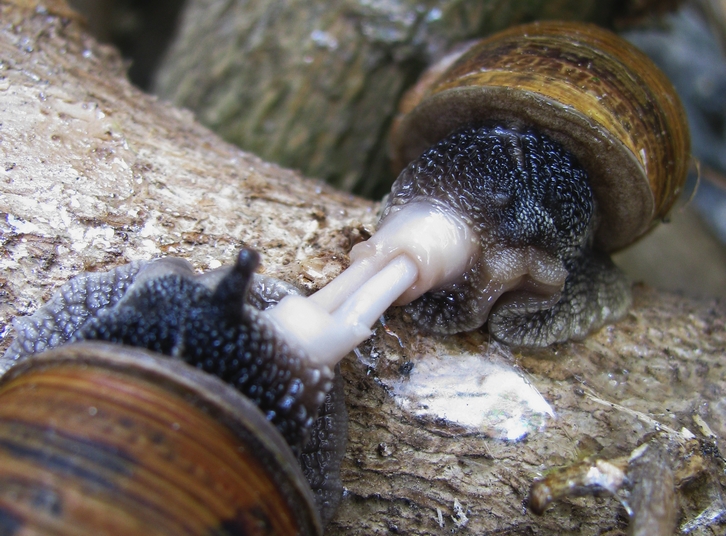|
Notocomplana Lapunda
''Notocomplana lapunda'' is a flatworm. This worm is a hermaphrodite In reproductive biology, a hermaphrodite () is an organism that has both kinds of reproductive organs and can produce both gametes associated with male and female sexes. Many Taxonomy (biology), taxonomic groups of animals (mostly invertebrate ... which lives in salt water. The scientific name of the species was first published by Marcus & Marcus in 1968. References * Tyler, S. (2010). ''Notocomplana lapunda'' Marcus & Marcus, 1968. Based on information from the World Register of Marine Species, found at http://www.marinespecies.org/aphia.php?p=taxdetails&id=483510 Rhabditophora {{Flatworm-stub ... [...More Info...] [...Related Items...] OR: [Wikipedia] [Google] [Baidu] |
Flatworm
The flatworms, flat worms, Platyhelminthes, or platyhelminths (from the Greek πλατύ, ''platy'', meaning "flat" and ἕλμινς (root: ἑλμινθ-), ''helminth-'', meaning "worm") are a phylum of relatively simple bilaterian, unsegmented, soft-bodied invertebrates. Unlike other bilaterians, they are acoelomates (having no body cavity), and have no specialized circulatory and respiratory organ (anatomy), organs, which restricts them to having flattened shapes that allow oxygen and nutrients to pass through their bodies by diffusion. The digestive cavity has only one opening for both ingestion (intake of nutrients) and egestion (removal of undigested wastes); as a result, the food cannot be processed continuously. In traditional medicinal texts, Platyhelminthes are divided into Turbellaria, which are mostly non-parasitic animals such as planarians, and three entirely parasitic groups: Cestoda, Trematoda and Monogenea; however, since the turbellarians have since been prove ... [...More Info...] [...Related Items...] OR: [Wikipedia] [Google] [Baidu] |
Hermaphrodite
In reproductive biology, a hermaphrodite () is an organism that has both kinds of reproductive organs and can produce both gametes associated with male and female sexes. Many Taxonomy (biology), taxonomic groups of animals (mostly invertebrates) do not have separate sexes. In these groups, hermaphroditism is a normal condition, enabling a form of sexual reproduction in which either partner can act as the female or male. For example, the great majority of tunicata, tunicates, pulmonate molluscs, opisthobranch, earthworms, and slugs are hermaphrodites. Hermaphroditism is also found in some fish species and to a lesser degree in other vertebrates. Most plants are also hermaphrodites. Animal species having different sexes, male and female, are called Gonochorism, gonochoric, which is the opposite of hermaphrodite. There are also species where hermaphrodites exist alongside males (called androdioecy) or alongside females (called gynodioecy), or all three exist in the same species ( ... [...More Info...] [...Related Items...] OR: [Wikipedia] [Google] [Baidu] |
World Register Of Marine Species
The World Register of Marine Species (WoRMS) is a taxonomic database that aims to provide an authoritative and comprehensive list of names of marine organisms. Content The content of the registry is edited and maintained by scientific specialists on each group of organism. These taxonomists control the quality of the information, which is gathered from the primary scientific literature as well as from some external regional and taxon-specific databases. WoRMS maintains valid names of all marine organisms, but also provides information on synonyms and invalid names. It is an ongoing task to maintain the registry, since new species are constantly being discovered and described by scientists; in addition, the nomenclature and taxonomy of existing species is often corrected or changed as new research is constantly being published. Subsets of WoRMS content are made available, and can have separate badging and their own home/launch pages, as "subregisters", such as the ''World List of ... [...More Info...] [...Related Items...] OR: [Wikipedia] [Google] [Baidu] |

